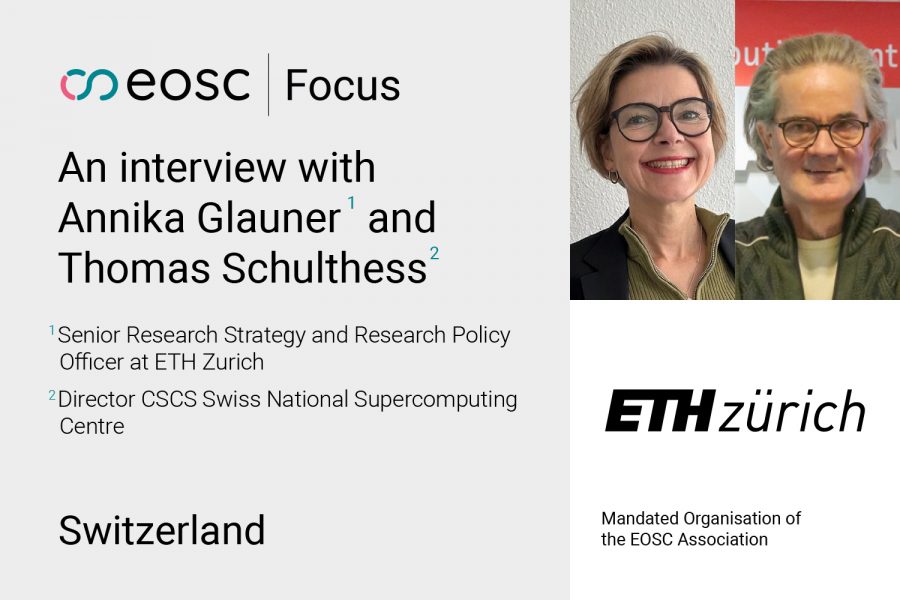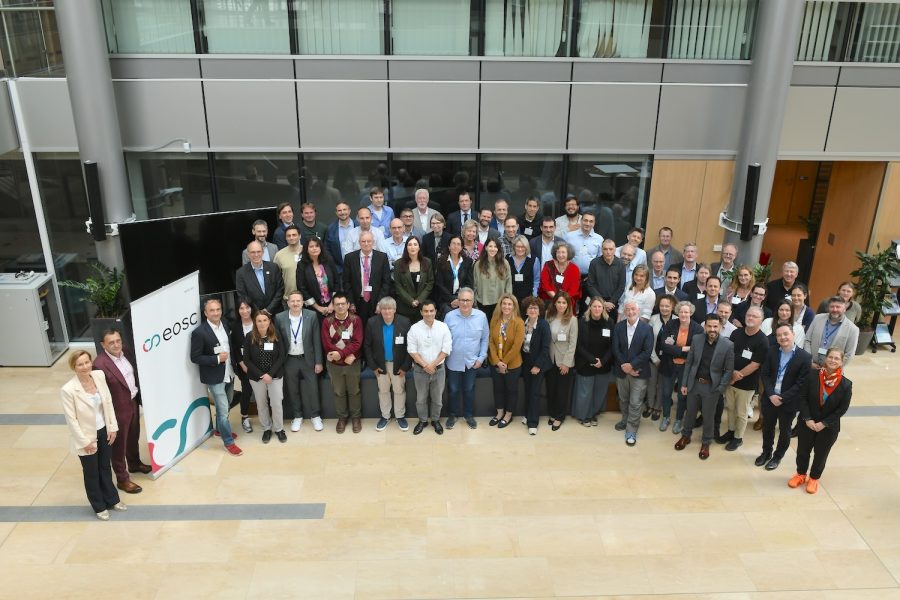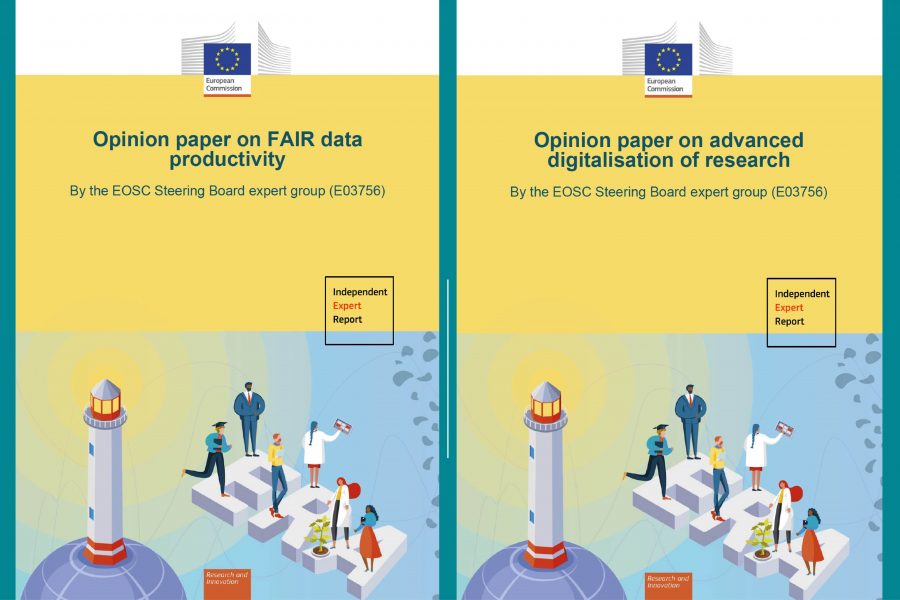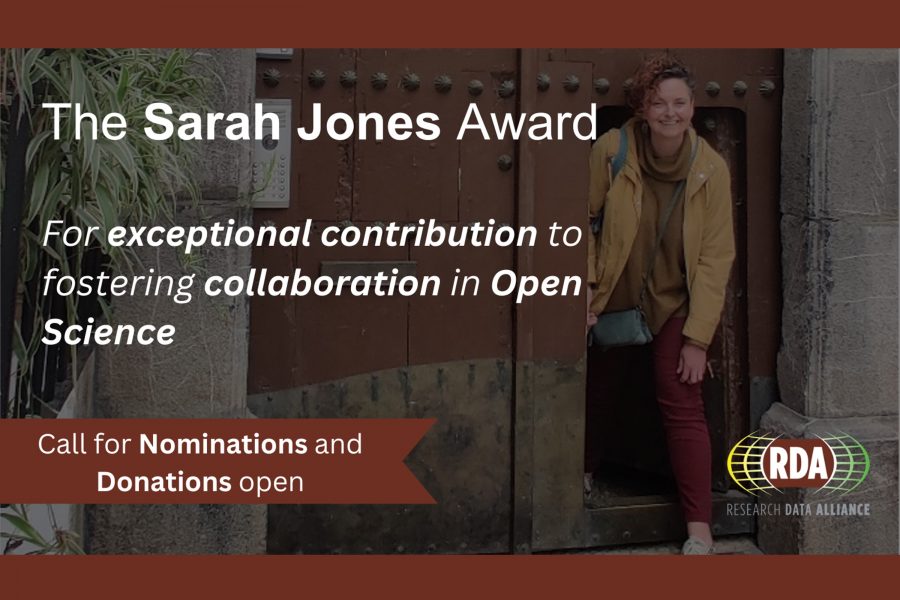VIENNA — The EOSC Lustrum hybrid event held at the Vienna University Library’s main reading room marked a milestone for European Open Science, while the EOSC Support Office Austria’s (SOA) adjacent 3rd General Assembly showcased the up-to-the-minute work being done to implement EOSC.
The celebration of the fifth anniversary of the launch of the European Open Science Cloud initiative (EOSC) took place on 19 October 2023. The meeting brought together a diverse array of national and international stakeholders and featured discussions on the past, present, and future of EOSC.
EOSC’s impact on Open Science
The event highlighted the decisive impact that EOSC has had in moving Europe toward Open Science as the new normal, including in Austria. This growing political support for Open Science, in no small part engendered by the engagement activities of the EOSC Association (EOSC-A), has been manifested through the formulation and implementation of EOSC-relevant policies and strategies at both the European and national levels.
The event emphasised the role of EOSC-A in shaping and engaging the community through various channels and activities, including its support for events such as the EOSC Symposium, National Tripartite Events, and others.
EOSC Lustrum also provided the opportunity to highlight the importance of returning to the globally recognized FAIR principles, which promote a new research culture firmly rooted in transparency and openness, as the foundation of EOSC.
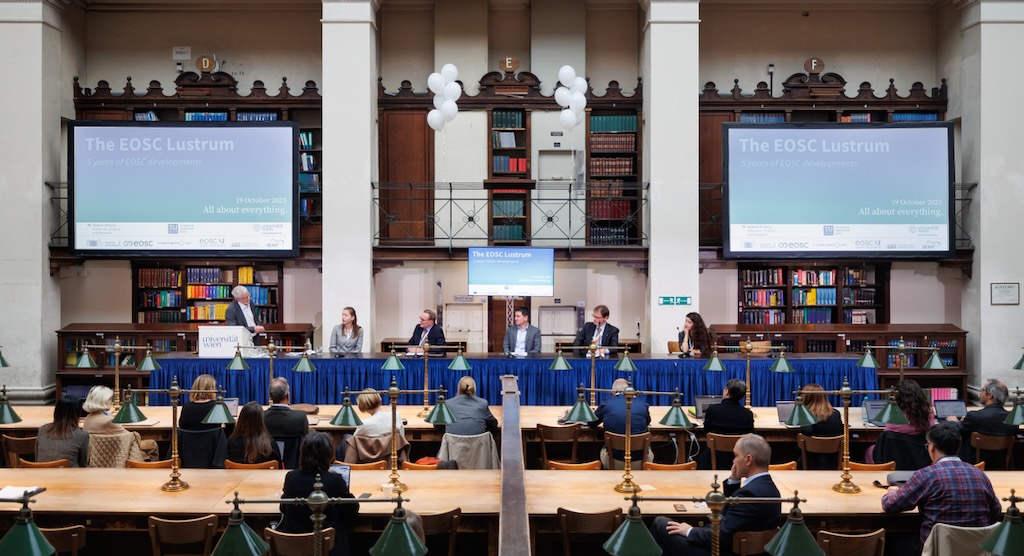
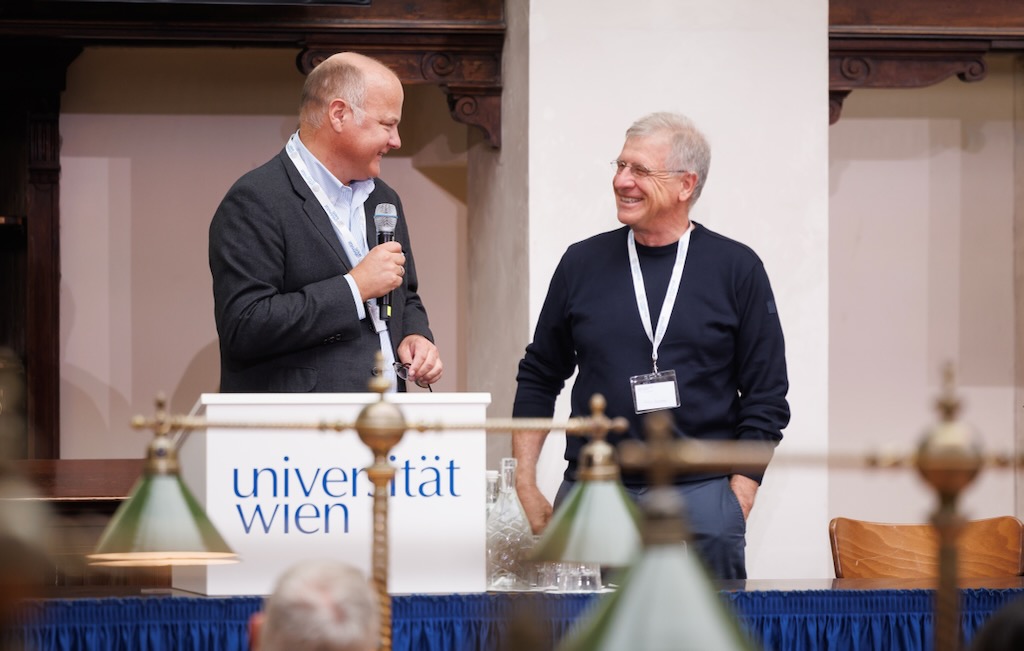
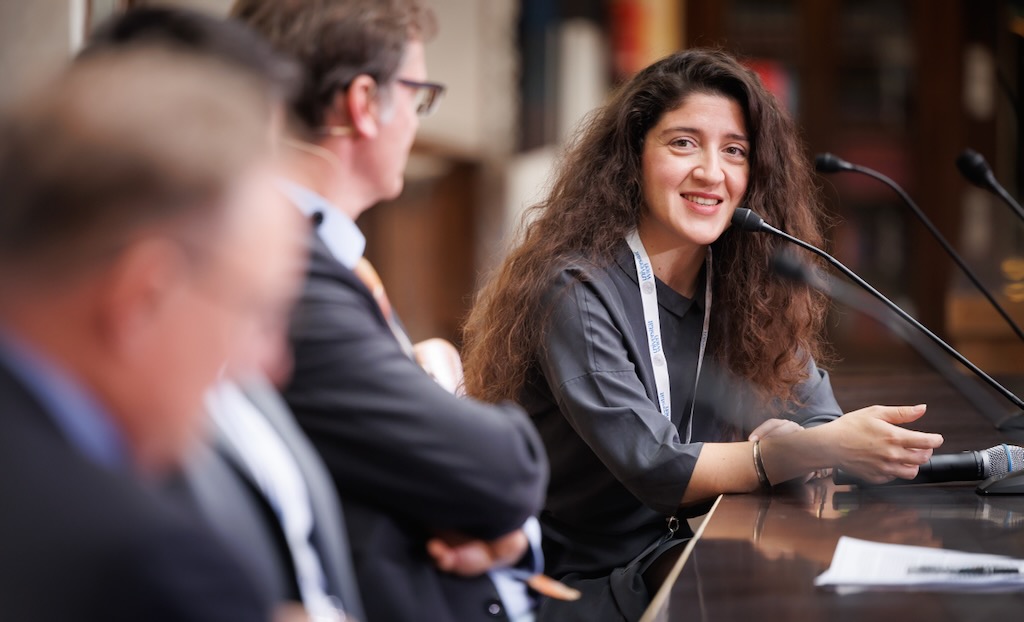
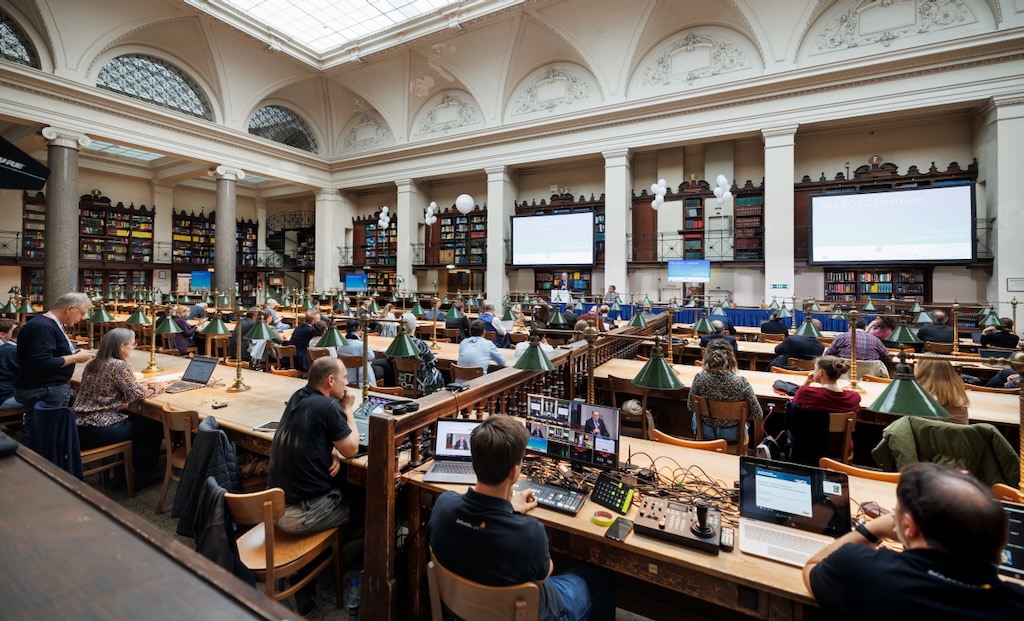
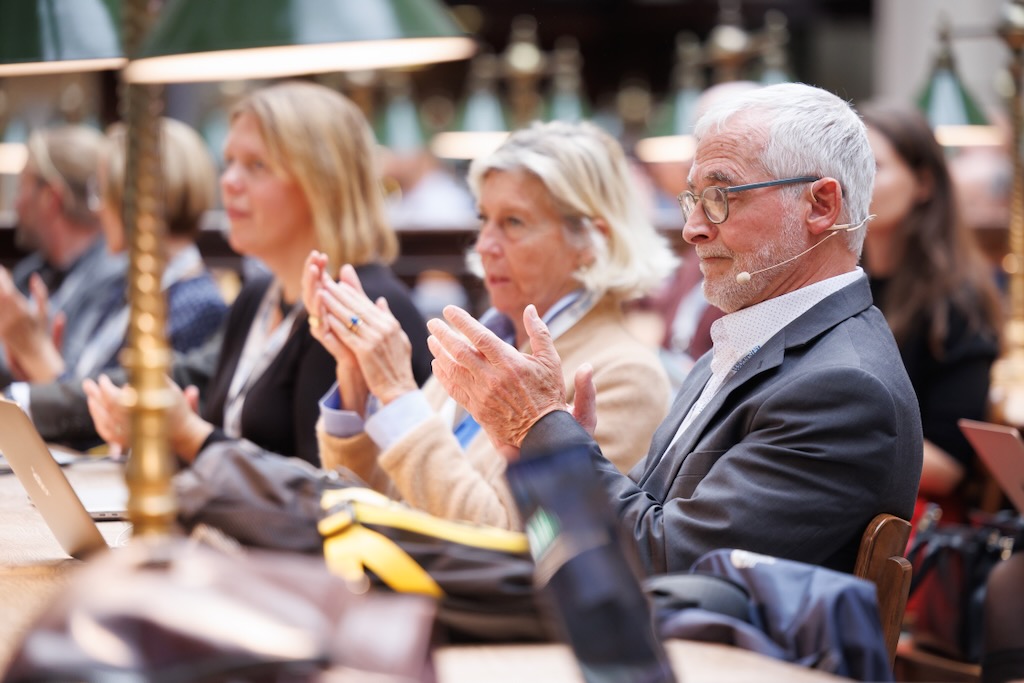
“Every single effort in that direction [FAIR] contributes to the main mission of EOSC,” said EOSC-A board member Sara Garavelli, who attended the EOSC Lustrum event. “While diverse science commons are investigated around the globe, EOSC maintains its uniqueness, and no similar effort exists in terms of federation of different data research and e-infrastructures across countries. This is why it is important to continue engaging with other continents to leverage potential synergies.”
The federation, RIs and locking in the added value for researchers
EOSC was further characterised as not being a mere project but rather a transformative and collaborative process with the goal of delivering an open, trusted, and federated infrastructure.
A forward-looking perspective anticipates a federation that will unite thematic nodes, national nodes, and European e-infrastructures, all anchored by the reference EOSC EU node.
Looking ahead, it was underscored that dialogue with research infrastructures at both the EU and national levels is pivotal to demonstrating the added value of EOSC for researchers. This value is particularly evident in achieving economies of scale for data and service provision, enhancing efficiency, and collaboration.
EOSC-A President Karel Luyben closed the event by declaring his wish that when the group comes together five years down the road, the focus will be substantially advanced: “Let’s come together for the next EOSC Lustrum and discuss the state of play of the openness of science!”
EOSC SOA and the Austrian strategic agenda for EOSC
The hybrid 3rd General Assembly of the EOSC Support Office Austria was held the day before EOSC Lustrum at the Austrian Museum of Natural History in Vienna. The meeting turned on a discussion around how to organise the Austrian EOSC-A Mandated Organisation, ACONET Verein, as an EOSC national node fit to represent the Austrian research community.
In order to align the EOSC effort at the national level in Austria, eight working groups have been created with the purpose of developing an Austrian strategic agenda for EOSC. These working groups are aligned thematically with the various EOSC-A Task Forces.
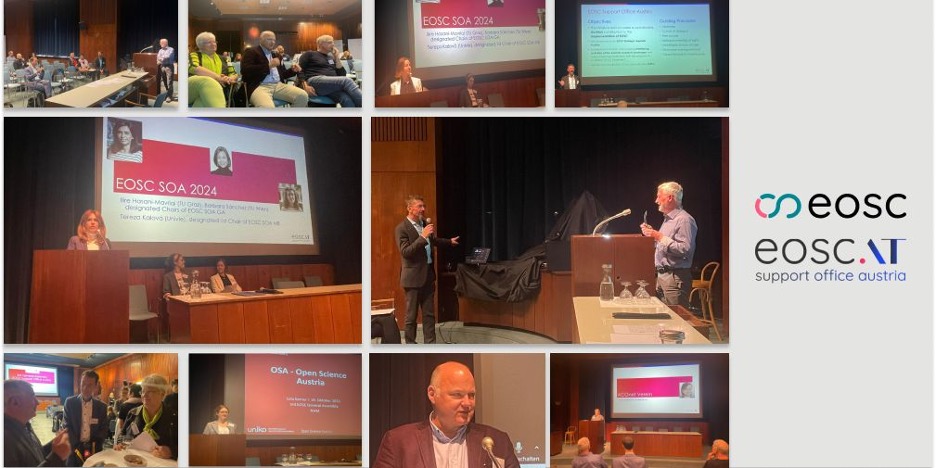
Materials from EOSC Lustrum
2023 Conference: The EOSC Lustrum Programme
Five years of EOSC developments: The EOSC Lustrum
Profiles: Speakers
Download: Speakers presentations


